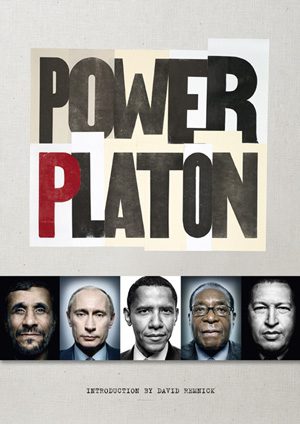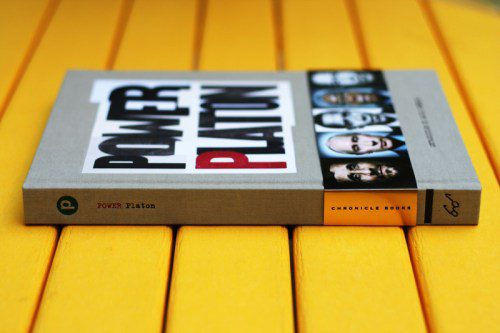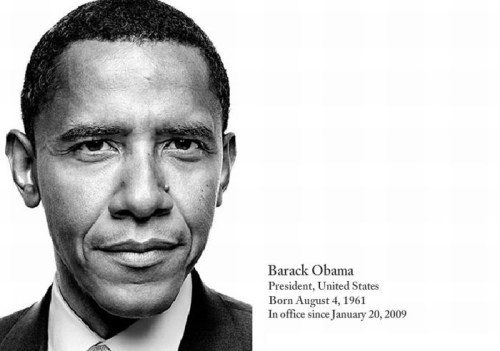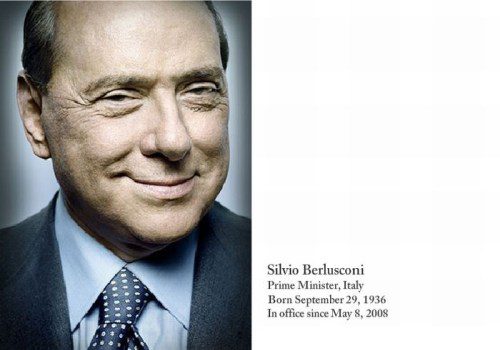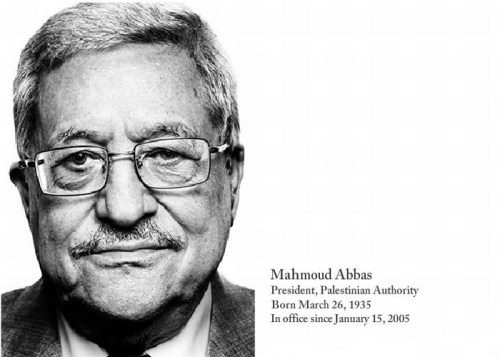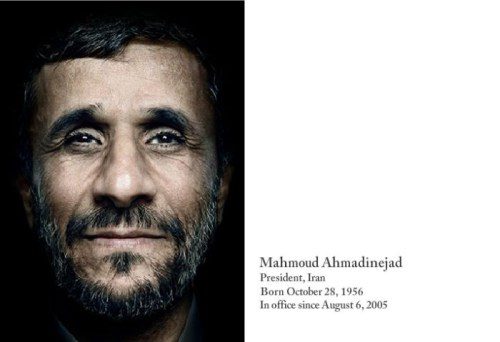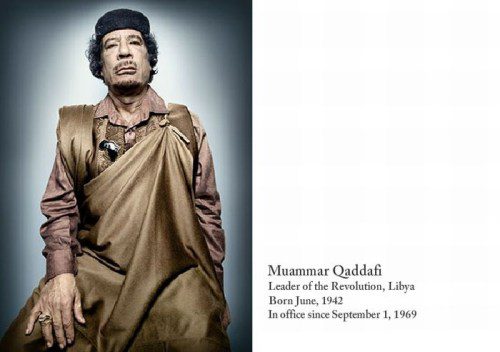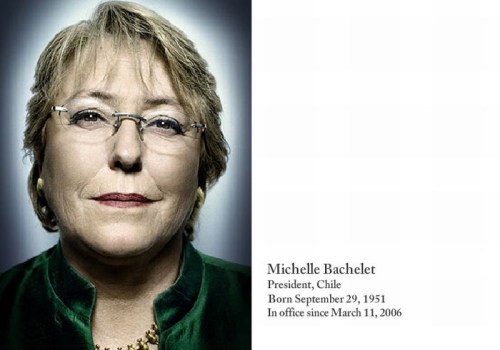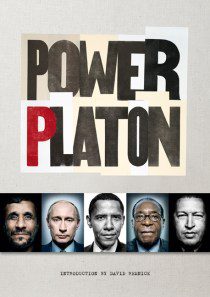 World leaders are a curious bunch. Among their traits one might list egotism, empathy, genius, oblivion, and a whole host of other adjectives; which is why looking at their faces makes for such a fascinating study. Power: Portraits of World Leaders, out a few weeks ago from Chronicle Books, is a one-of-a-kind compilation of precisely those inscrutable features. Power collects 150 such beautiful images by photographer Platon of the men and women – well, mostly men – that hold the reigns of regimes and republics across the globe.
World leaders are a curious bunch. Among their traits one might list egotism, empathy, genius, oblivion, and a whole host of other adjectives; which is why looking at their faces makes for such a fascinating study. Power: Portraits of World Leaders, out a few weeks ago from Chronicle Books, is a one-of-a-kind compilation of precisely those inscrutable features. Power collects 150 such beautiful images by photographer Platon of the men and women – well, mostly men – that hold the reigns of regimes and republics across the globe.
With an introduction by New Yorker editor David Remnick, the book captures a singular moment in world history. Indeed, one might argue, an historical inflection point, since the image of President Barack Obama included in Power was taken during his election campaign. Platon took all of the photographs of international leaders within a 12-month period from 2008-09 at the United Nations, and his stunning pictures tell a story of the alliances, rivalries, and subjects of our time.
I wanted to do two things: I wanted to show the human experience of what it’s like to meet someone, up-close and personal. We see all these heads of state and government on podiums making big powerful speeches, but we never see them as human beings. The second thing was I wanted to get a sense of community. I wanted to show what the collective spirit is like. There are strained relationships; there are strong alliances; in some cases there are even conflicts.” ~ Platon
Power stands in especially interesting counterpoint to a book featured on Brain Pickings earlier this year, Bureaucratics. Where that work turned its lens on the lives of mid-level functionaries in our political systems, Power is interested in the very top of the order. Platon’s photos are also compelling when compared to two other favorite projects, The World of 100 and 7 Billion, because of how non-representative his almost entirely male, similarly aged group of subjects is when compared to the actual global population.
My portrait project is not political; it’s human. Every single person has brought something special and unique and, I hope, honest to the pictures. You put all the pictures together and I think it will give us a sense of what it was like to live in these times. This is the global personality of the power system. And as we leave the time that’s recorded in the book, we stand back. We start to analyze it historically. What happened? Who was in control? That’s what this book is about.” ~ Platon
Three years in the making, Power provides a singular opportunity to contemplate the people and predilections of our contemporary age. And for commentary on the photos from Platon, check out his portrait gallery on The New Yorker‘s website.
 Kirstin Butler is writing an adaptation of Gogol for the Google era called Dead SULs, but when not working spends far, far too much time on Twitter. She currently lives in Cambridge, MA.
Kirstin Butler is writing an adaptation of Gogol for the Google era called Dead SULs, but when not working spends far, far too much time on Twitter. She currently lives in Cambridge, MA.


